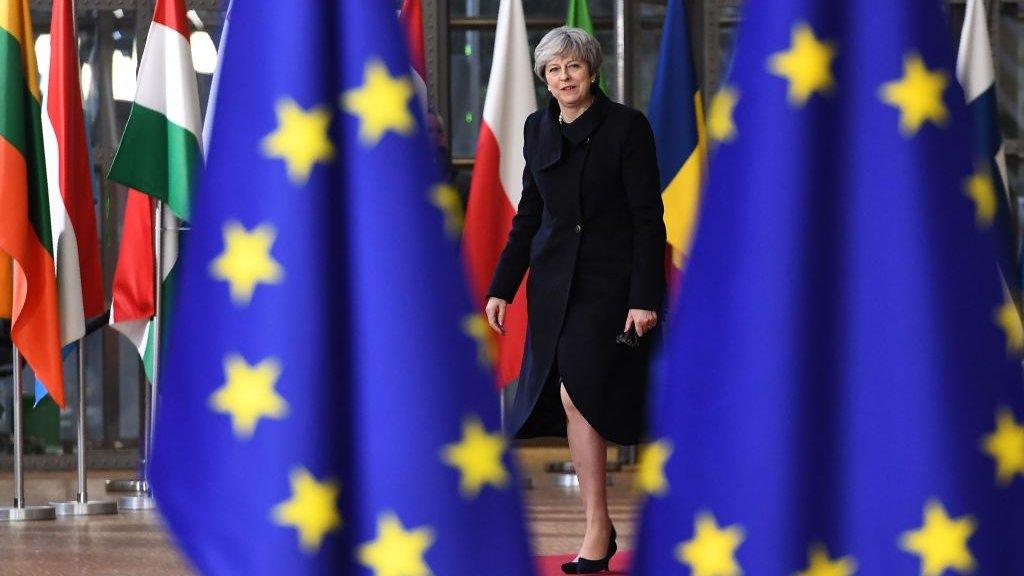Not time to nitpick on Brexit - Jacob Rees-Mogg
- Published
Theresa May's full Brexit speech where she said: "We chose to leave, we have a responsibility to help find a solution"
Brexiteers will have some concerns with Theresa May's latest Brexit speech but "now is not the time to nitpick", Tory MP Jacob Rees-Mogg has said.
Writing in the Daily Telegraph,, external the prominent Eurosceptic praised the prime minister and urged the EU to respond with "wisdom and not aggression".
On Friday, Mrs May warned "no-one will get everything they want" from talks.
EU officials are now scrutinising Mrs May's speech ahead of a fresh round of negotiations next week.
Health Secretary Jeremy Hunt, told the BBC's Today programme the prime minister had shown in her speech it was possible to have "frictionless trade" with the European Union while leaving the single market and the customs union.
Speaking at London's Mansion House, Mrs May set out the UK's hopes for a future EU economic partnership, calling for "pragmatic common sense" in negotiations.
Single market access would be "less than it is now", she said, and the UK would have to pay into some EU agencies.
But she said she would not threaten to walk out of talks and in a message to the EU added: "Let's get on with it."
She said all sides of the argument had to now face "hard facts".
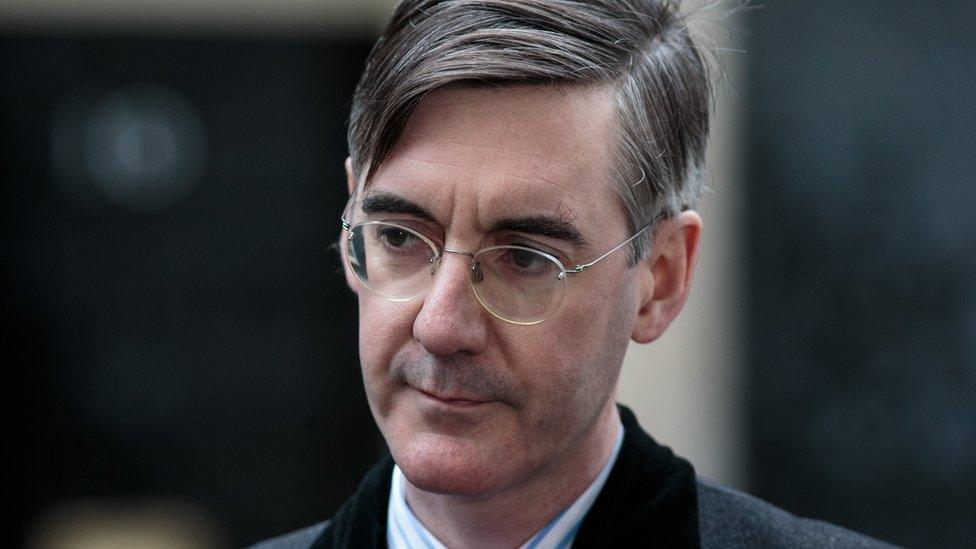
Mr Rees-Mogg praised her "good speech", saying it delivered on the government's promise to take the UK out of the customs union, the single market and the European Court of Justice.
"There are inevitably a few small points that will concern Leave campaigners but we must all recognise that everyone will have to give up something to get a deal, so now is not the time to nitpick," he wrote.
Mrs May's address was also cautiously welcomed by pro-European Conservatives.
Writing in the same paper, Tory Remainer Nicky Morgan said her speech was a "welcome dose of realism".
"The EU can't say they don't know what the UK wants anymore," she added.
Mr Hunt told the BBC Mrs May had successfully brought Leavers and Remainers together.
She had explained in the speech, he said, how there would be "pragmatic alignment of our regulations" that would be of the same high standards as in European countries, but on a voluntary basis.
Parliament would have the final say and the UK could always choose to have less market access.
He said he was certain the negotiations would "go to the wire".
'Time is short'
Speaking on BBC's Newsnight the vice-president of the European Parliament, the Irish MEP Mairead McGuinness, said the speech showed the realities of Brexit "were dawning" in the UK.
She said some of Mrs May's proposals amounted to the UK wanting "to be part of the European Union" Not time to nitpick on Brexit - Rees-Moggin all but name.
Irish prime minister Leo Varadkar said he feared the constraints of leaving the customs union and the single market have not been fully recognised by Mrs May's government.
"Brexit is due to happen in a little over 12 months, so time is short," he said.
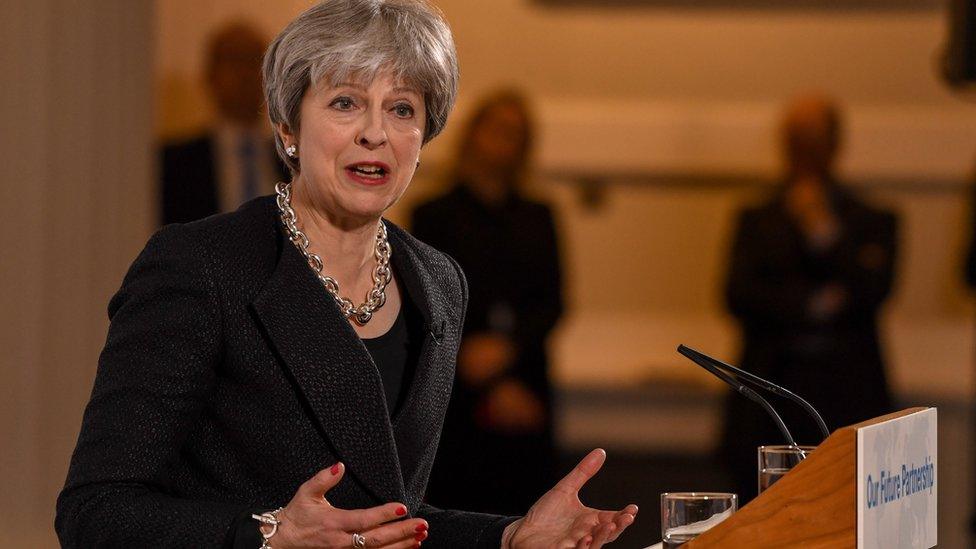
In her speech, Mrs May said she was confident remaining differences over a draft EU legal agreement could be resolved, allowing trade talks to get under way.
She said life would be different for the UK outside the EU's single market: "In certain ways, our access to each other's markets will be less than it is now."
The UK could not expect to "enjoy all the benefits without all of the obligations" of membership.
Another "hard fact" would be the UK would still continue to be affected by EU law and some decisions of the European Court of Justice - such as the ECJ rules on whether EU agreements are legal.
However, she stressed the "jurisdiction of the European Court of Justice in the UK must end".
The UK may choose to remain "in step" with EU regulations in areas like state aid and competition, in order to get "good access" to markets, she said.
The hard fact for the EU was that the UK would want its own bespoke trade deal, not an "off-the-shelf model".
BBC political correspondent Alex Forsyth said "the real test will be whether this speech was enough to convince critics that Mrs May's ambition for Brexit is credible and achievable without alienating her own MPs".
- Published2 March 2018
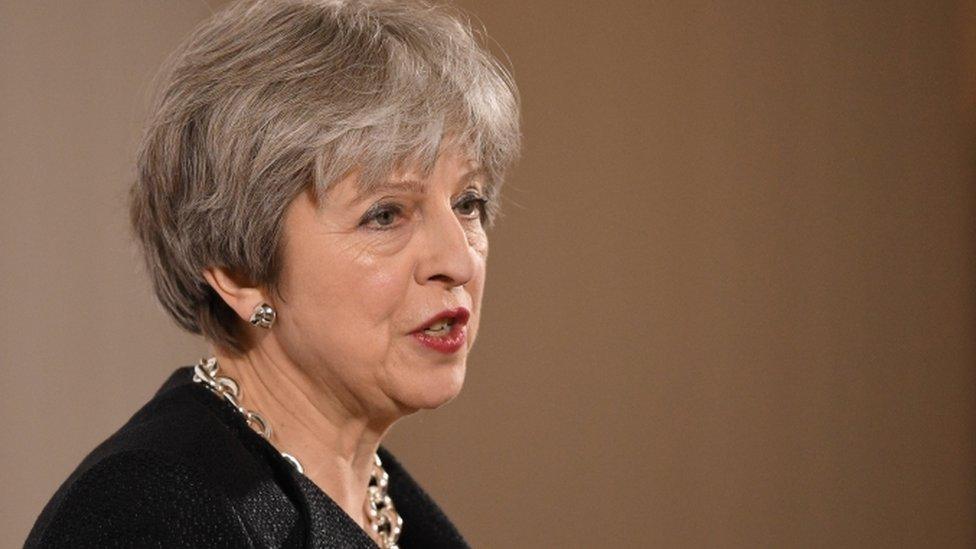
- Published30 December 2020

- Published28 February 2018
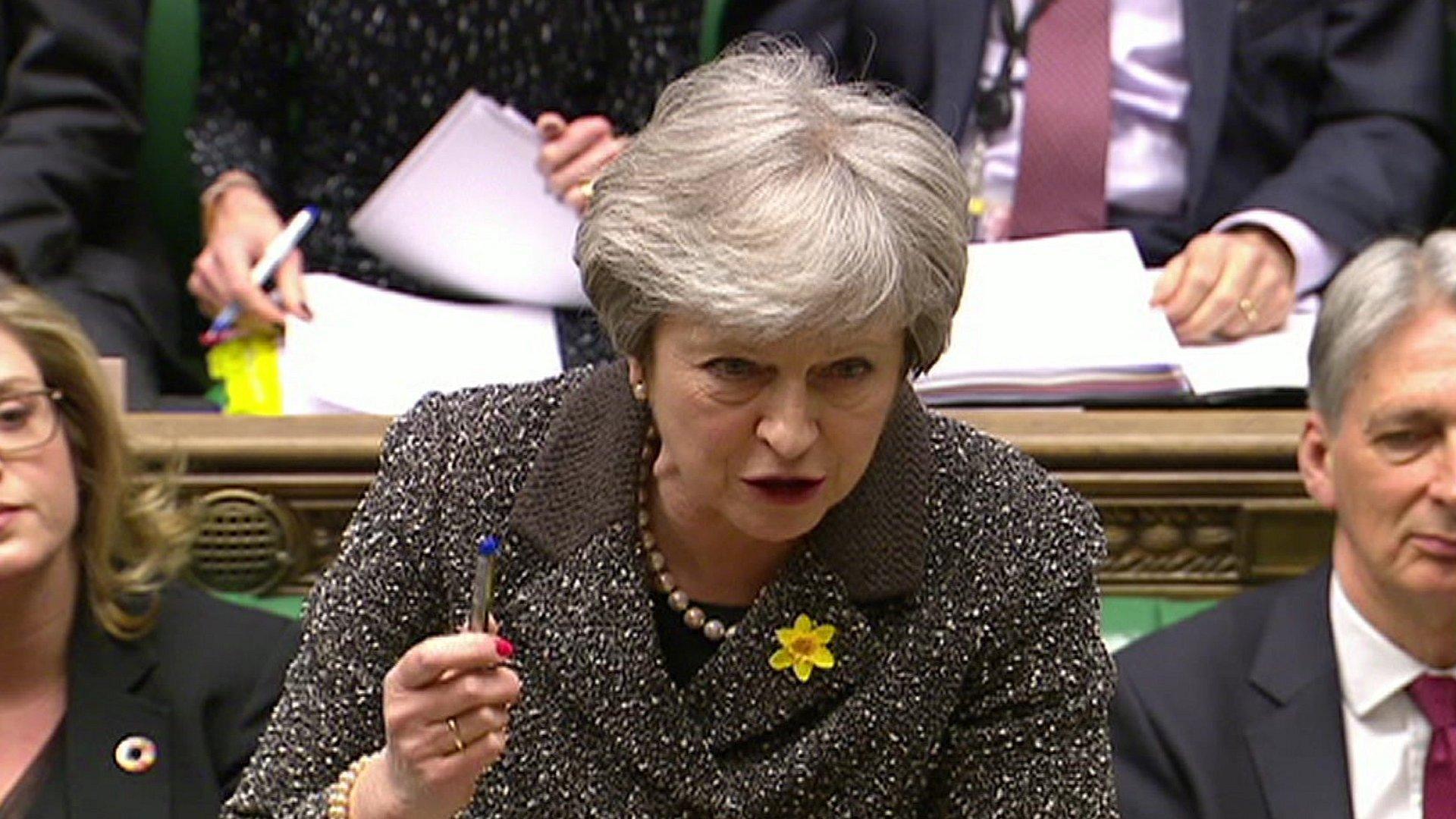
- Published28 February 2018
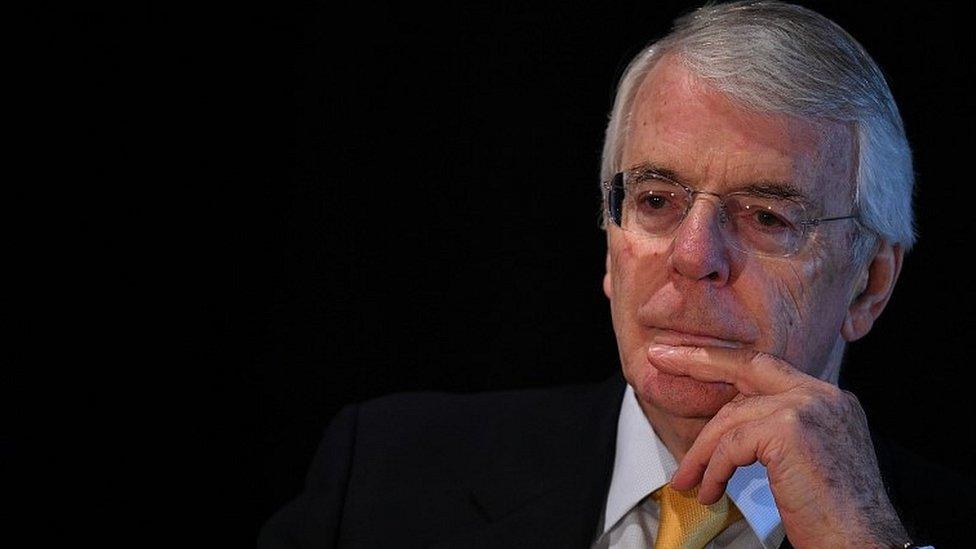
- Published28 February 2018

- Published28 February 2018
